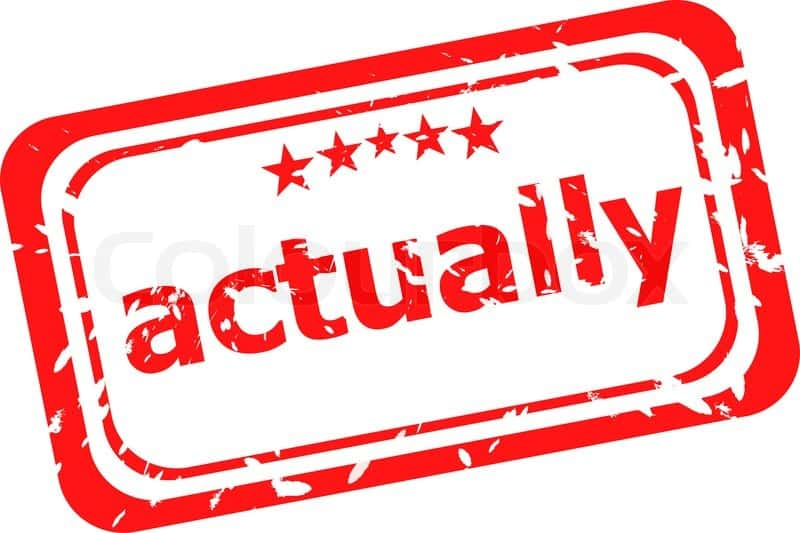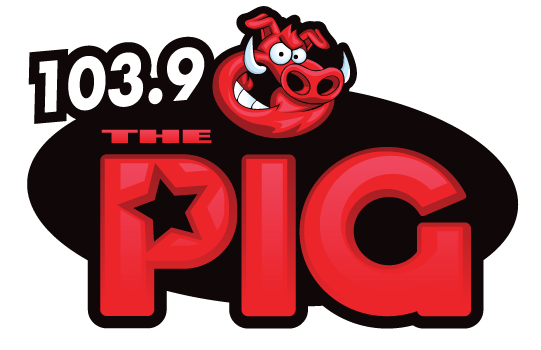
The words ‘like’ and ‘really’ have long been overdone and overused in our English language. The latest word to join that list? Actually.
According the the Merriam-Webster Dictionary, the word ‘actually is defined as:
1: in act or in fact : really trying to find out what actually happened won’t actually arrive for an hour
2 : in point of fact —used to suggest something unexpected was surprised to learn that she could actually speak German.
This adverb has been in common use in English since the 15th Century, in fact (I could have said actually, but that defeats my point of this blog). Other synonyms for actually include: admittedly, forsooth, frankly, honestly, indeed, really, truly, truthfully, and verily. Forsooth and verily make me want to read a Shakespearean play and shake my head…a LOT.
The other day, while off sick, and in my recliner, I was flipping through tv channels, as we do, when bored and we don’t know what we want to watch. The first show I landed on was a judge on tv sort of thing. One of the ladies said, ‘Actually, I have a photograph of the property he destroyed’, and she supplied the evidence. Well, fine. That is correct usage. Then on to another show, in which a man was asked ‘How many places sell your product?” The fellow answered, ‘We actually have over 100 companies now.” That usage? It’s not that great. Why? Because the word ‘actually ‘ is being used as a place-holder. It’s a way of getting from point A to point B , in your conversation. Think ‘and’ or ‘um’. It is being used as a pause so we can gather our thoughts, and say something else. A recent Time Magazine article calls ‘actually’
1 Word That Immediately Kills Your Credibility
The article further states that “For the experienced listener, “actually” is a dead giveaway of an area that at the least needs to be further investigated, and may point at a deception. When you use the word “actually” properly, you are comparing two thoughts and providing clarification.Extra words used in a sales presentation or investor pitch are unnecessary. They subconsciously point listeners to question if there’s more unspoken information. The word “actually” serves as a spoken pause, giving the presenter’s brain time to catch up and decide how to resolve the conflict in their mind between the question asked and reality.”
So, there you have it. Just as the preceding words ‘like’ (“I, um, like don’t want to drink any more coffee today”) and ‘really’ (“Really, I want to go to the movies, really.”). Really is sometimes used as punctuation, or a one-word sentence. For instance: “I wish that we would get some snow this winter’, answered as; “Really!”
Actually, the misuse of actually (see what I did there?) isn’t quite as bad as the abuse of like or really. Is it? Like I really don’t think that it’s actually that bad. Do you?
Verily. Forsooth.





